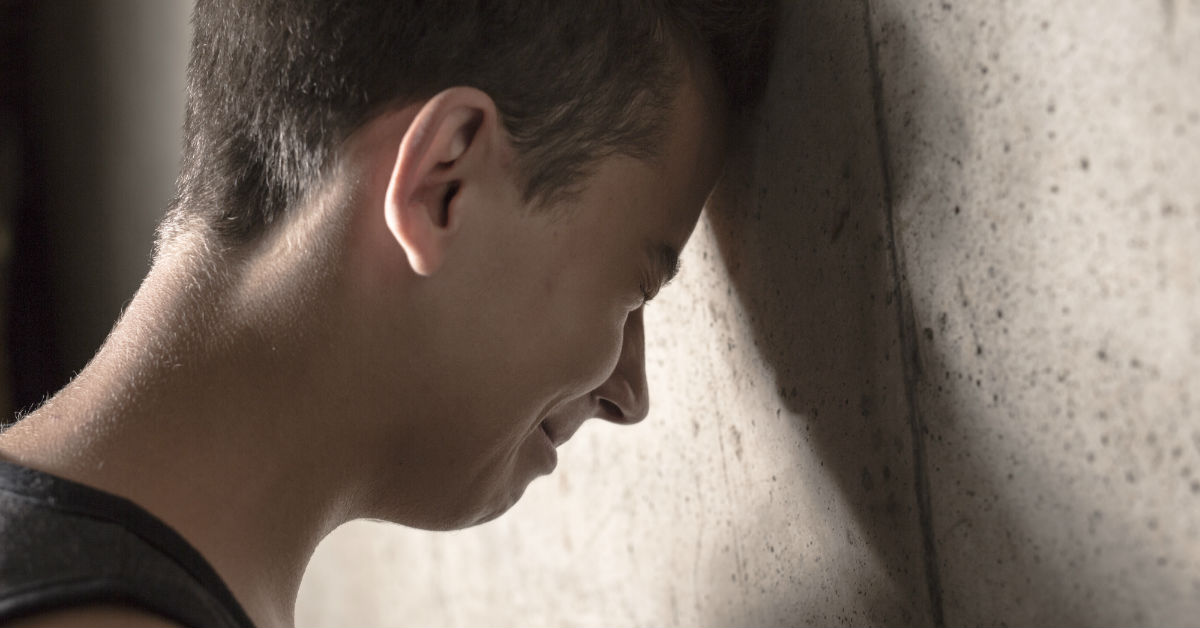Most parents don’t want to send their troubled teens to a residential treatment center, but they do it because they hope it helps them in the long run. A residential treatment offers many benefits for teens who are suffering from emotional stress. The therapeutic programs and restrictive environment is the perfect combination in giving a teen the power to make significant life changes.
What Emotional Teens Need
The American Academy of Child and Adolescent Psychiatry (AACAP) offers the following suggestions to help emotional adolescence:
- Provide a safe and loving environment.
- Create an honest, trusting, and respectful atmosphere.
- Develop a relationship that makes it easier for your teen to discuss issues with you.
- Teach the importance of responsibilities.
- Impose limits and ensure the teen accepts them.
Following through with these suggestions isn’t always easy to do at home. Peer pressure is strong during adolescence, especially when the developmental stage is marked by assertiveness and independence. This can easily lead teens into trouble in and outside of the home.
Emotions run high during adolescence. These emotions can cloud judgement. With access to alcohol, drugs, weapons, and so much more, it’s easy for teens to get caught up in risky behaviors and situations.
How Residential Treatment Centers for Troubled Teens Help
Residential treatment centers provide a safe environment away from all of the risks that can come into play when an adolescent is struggling emotionally. Therapy is often part of the therapeutic component of the treatment center, and that can help develop the relationship between teens and their family.
Most of the time, parents who consider residential treatment centers need help. Their relationship with their teen isn’t as good as it was, and they are afraid of what could come out of it. They want to create the honest, trusting and respectful atmosphere that the AACAP recommends, but they don’t know how to do this when their teen is so aggressive. They want to teach responsibilities and limits, but their teen opposes them, and then that just makes matters worse at home.
A residential treatment takes away all of the stress of teaching a troubled teen a better, more productive way to live life. It removes them from the home that may have turned into a battleground, so they can start to see what has happened more clearly. Individual, group, and family therapy helps reconnect teens with their families before they go back home, so that they don’t enter into the same situation they left.
When teens return from a residential treatment center, they have a different perspective. They understand their parents enrolled them into one because they wanted what was best for them, and they feel better about everything. They’ve sought the help they needed to control their emotions, and because of that, they make better decisions.
Don’t continue to struggle with your emotional teen. Give your teenager what is needed to him him back on a good path in life.










0 Comments